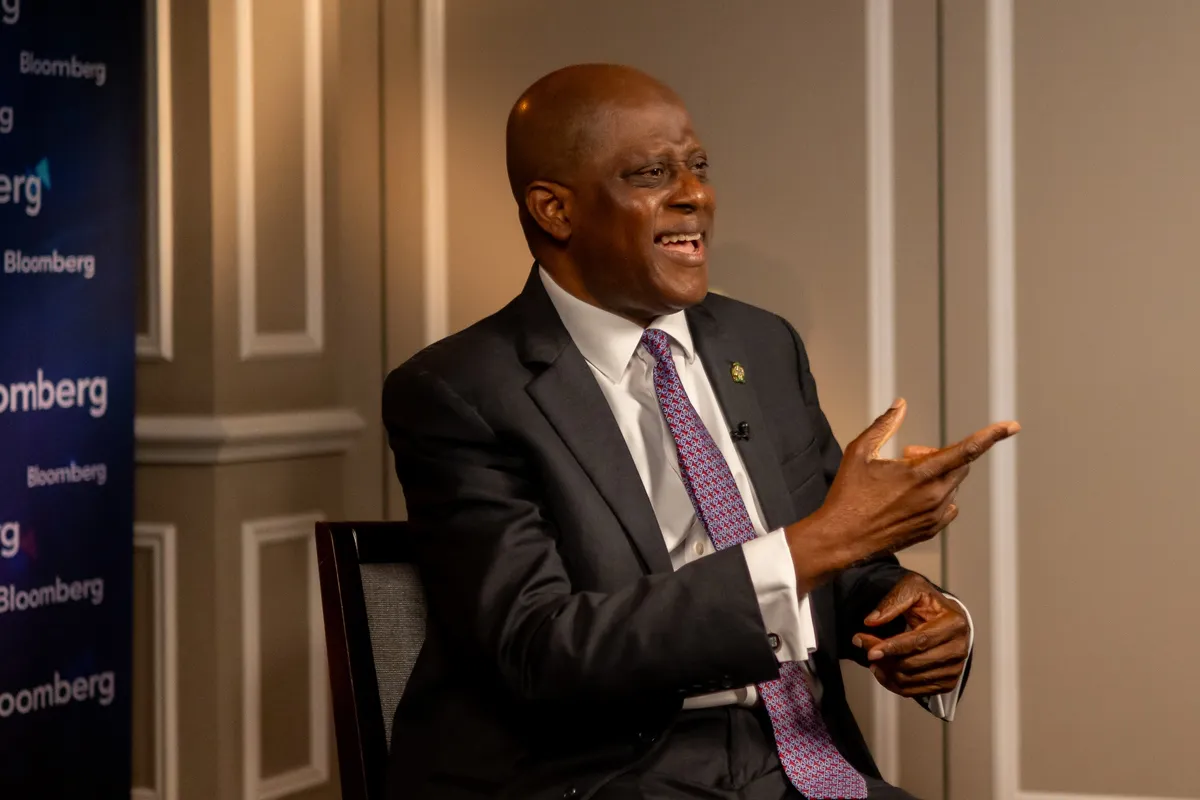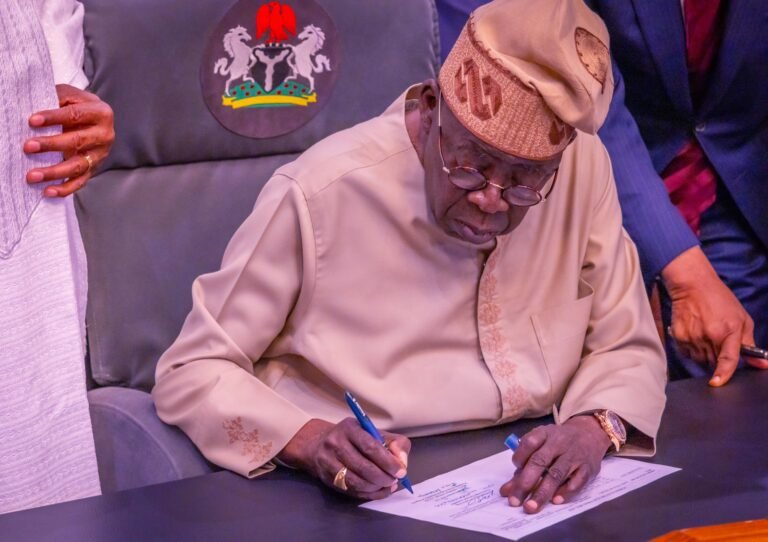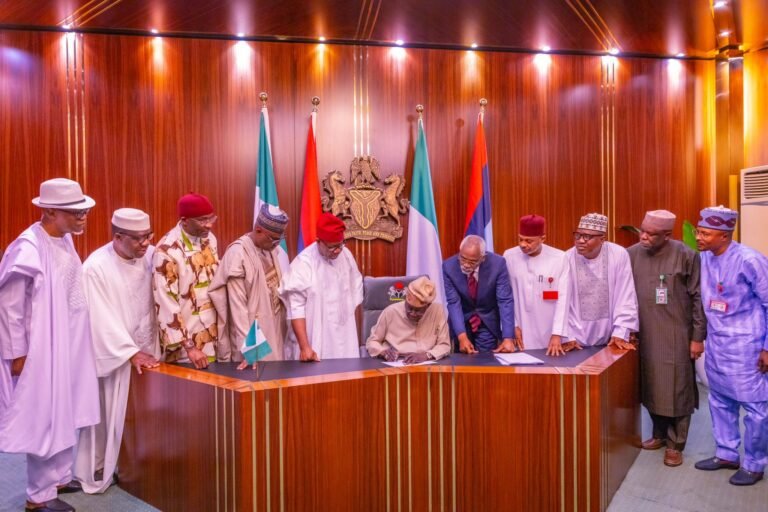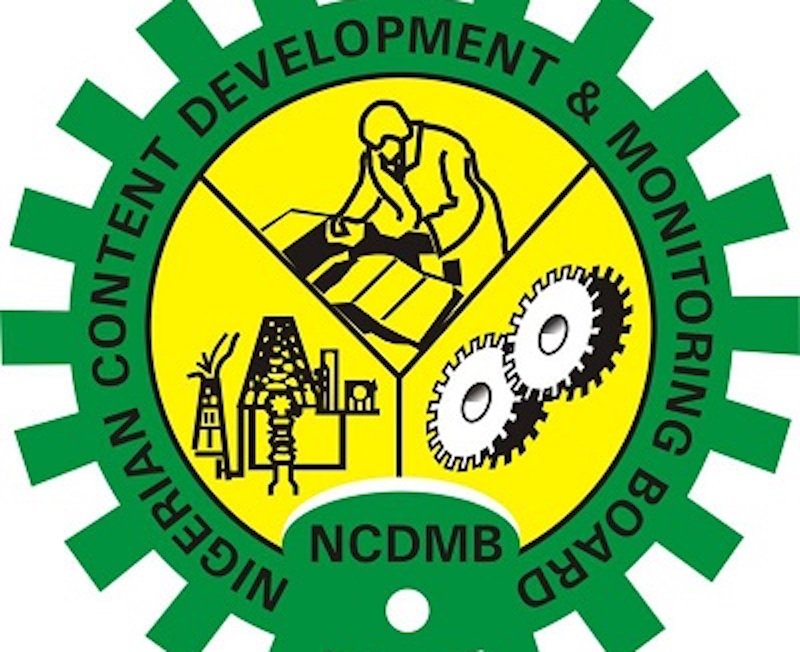Nigeria’s Central Bank is poised to deliver its first interest rate reduction since the Covid-19 pandemic, positioning itself as the final member of Africa’s economic powerhouses to embrace monetary easing.
The anticipated move would make Nigeria the last of the continent’s four largest economies, South Africa, Egypt, Algeria, and Nigeria, to begin cutting borrowing costs within the past year.
Bloomberg’s survey of five economists reveals a median forecast for Governor Olayemi Cardoso to announce a 50 basis-point cut, bringing the benchmark rate down to 27% from its current 27.5%.
The Monetary Policy Committee’s decision, scheduled for Tuesday at 2 p.m. in Abuja, would mark a significant departure from three consecutive meetings of unchanged rates following aggressive 16 percentage-point increases since May 2022.
The case for monetary easing strengthens as Nigeria’s inflation rate decelerated for the fifth consecutive month in August, reaching 20% year-on-year.
This sustained disinflation trend, coupled with the naira’s 2.8% appreciation since July, provides the MPC with crucial justification for policy relaxation, according to Samantha Singh-Jami, research lead for African macroeconomics at Rand Merchant Bank.
Nigeria’s position as Africa’s top crude producer has yielded dividends, with stronger oil output propelling the economy to its fastest growth rate in four years during the second quarter.
The upcoming harvest season beginning in September is expected to further alleviate food-price pressures, creating additional room for monetary policy accommodation.
International developments support Nigeria’s potential rate-cutting cycle, with diminishing global inflationary threats providing additional policy space.
Michał Jóźwiak, analyst at Ebury, notes that clarity on global trade dynamics has reduced external pressure on domestic monetary policy, while the Federal Reserve’s recent rate cuts minimize concerns about capital outflows from Nigeria.
Despite mounting evidence favoring rate cuts, Societe Generale maintains a cautious stance, expecting the MPC to keep rates unchanged in September. Gergely Urmossy from Societe Generale argues that while “the case is getting stronger by the day for the CBN to initiate a rate-cutting cycle,” September may be premature for such action.
Market analysts anticipate the MPC will likely adjust its policy statement tone, potentially opening doors for future monetary easing even if rates remain steady this month.
Analysts projects a year-end policy rate of 25.5%, suggesting a gradual easing cycle ahead as Nigeria balances growth objectives with inflation control.


























